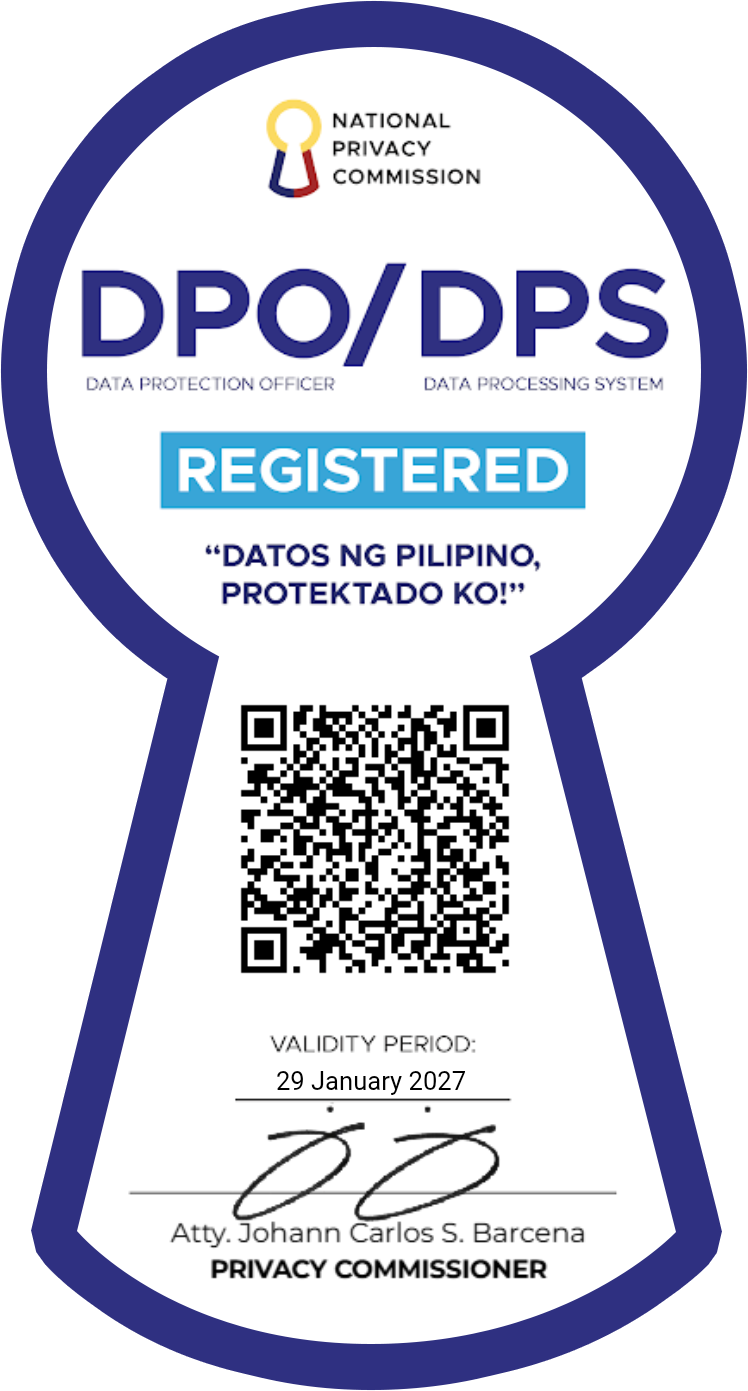Program Description
(as per CHED Memorandum Order No. 88, series of 2017)
The degree program described herein shall be called Bachelor of Science in Electrical Engineering (BSEE).
Electrical Engineering is a profession that involves the conceptualization, development, design and application of safety, healthy, ethical, economical and sustainable generation, transmission, distribution and utilization of electrical energy for the benefit of society and the environment through the knowledge of mathematics, physical sciences, information technology and other allied sciences, gained by study, research and practice.
Electrical Engineering is one of the broader fields of the engineering disciplines both in terms of the range of problems that fall within its purview and in the range of knowledge require to solve these problems.
PROGRAM OUTCOMES
By the time of graduation, students of the program shall have developed the ability to:
- Apply knowledge of mathematics and science to solve electrical engineering problems;
- Develop and conduct appropriate experimentation, analyze and interpret data.
- Design a system, component, or process to meet desired needs within realistic constraints, such as economic, environmental, social, political, ethical, health and safety, manufacturability, and sustainability, in accordance with standards;
- Function effectively on multi-disciplinary and multi-cultural teams that establish goals, plan tasks, and meet deadlines; (based on PQF Level 6 descriptor)
- Identify, formulate and solve complex problems in electrical engineering;
- Recognize ethical and professional responsibilities in engineering practice;
- Communicate effectively with a range of audiences;
- Understand the impact of engineering solutions in a global economic, economic, environmental, and societal context.
- Recognize the need for additional knowledge and engage in lifelong learning;
- Articulate and discuss the latest developments in the field of electrical engineering; (PQF Level 6 descriptor)
- Apply techniques, skills, and modern engineering tools necessary for electrical engineering practice; and
- Demonstrate knowledge and understanding of engineering and management principles as a member and/or leader in a team to manage projects in multidisciplinary environments.
PROGRAM OBJECTIVES
- The graduates are practicing EE professionals utilizing globally-competitive skills and knowledge to the needs of the relevant industries they are affiliated.
- The graduates are actively involved in professional organizations where they share their expertise and commitment to technological advancements.
- To educate students in the practices and concepts of electrical engineering with an engineering science that allows students to apply basic knowledge to achieve technological advances toward the satisfaction of human needs and,
- To bring into being engineers who are conversant of their professional responsibilities and observe a system of moral principles and values particularly the Code of Ethics for Electrical Engineering Practitioners to guide his/ her conduct and his/ her way of life.











